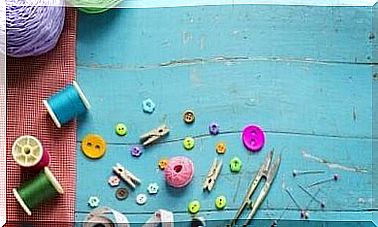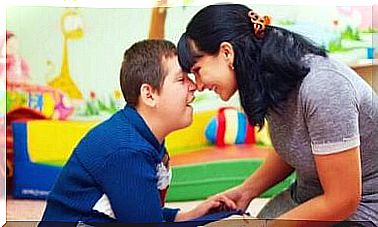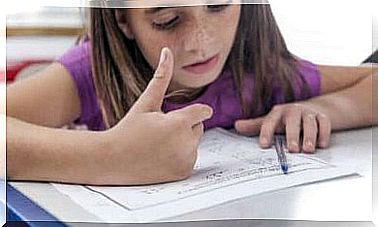Magic Words: “thank You”, “sorry” And “please”
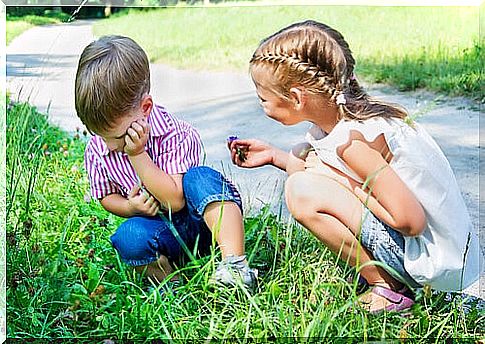
Magic words are part of what is known as good manners and manners. For this reason, teaching your children these words will make them respectful and admirable children, now and in the future. However, this is not easy. It takes a lot of dedication.
Find out in this article how to include “thank you”, “sorry”, “sorry”, “excuse me” and “please” in children’s vocabulary to enjoy the power of those words.
Importance of magic words in children
Undoubtedly, hearing “good morning”, “thank you”, “sorry” and “please” from a person completely changes the perception that one has about them. This is even more important for children, as it increases their level of socialization and they adapt better to the environment in which they live.
These words will allow children to interact effectively with their peers, causing positive reactions and better inclusion in the social context.
Ways to Teach Children Magic Words
The best way to teach your children magic words is by example. You should include them in your daily conversations with family, friends, neighbors, and even your child. There are also other techniques that will encourage the frequent use of these words of education:
teach the meaning of words
When the children are of a certain age, you can explain the meaning of good manners. For example:
- Required to). Show appreciation for the generosity expressed by anyone. Teaching children to speak these simple words will make them grateful people who value the effort of others.
- Please. This expression teaches children that you don’t get things by asking disrespectfully. Helping little ones recognize other people’s right to share or do what they want creates educated people.
- Forgiveness. Asking sincere forgiveness helps the child to recognize his wrongdoing and strive to correct his actions.
- Good Morning. Greeting all people indicates that everyone deserves fair and kind treatment.
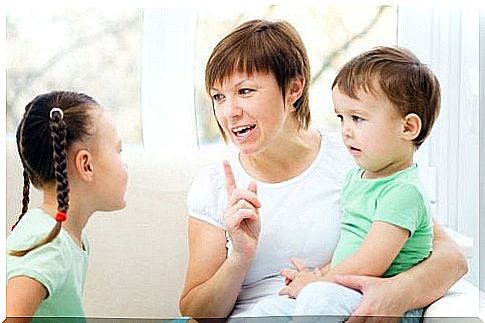
make it fun
Including these magic words in children’s vocabulary doesn’t have to be boring. Prefer to make songs, games and tell stories that show the relationship between the use of good manners and its positive consequences. Some short stories used to encourage education are, for example: “The cicada and the ant” or “João e Maria”.
Encourage good manners with friends
The little ones’ first contact with other children is in kindergarten. That’s where they live with colleagues and teachers. Teach your child to say hello when they arrive, ask for toys using the magic word “please,” and ask for forgiveness after a mistake.
Be patient
Incorporating the magic words requires effort, patience, constancy and a lot of dedication. It involves remembering them often and repeating them until the action becomes a habit. When the child forgets, a good alternative is to ask: “What about the magic word?”. That way she will remember.
Take hands-on sessions and set realistic goals
Teach your little one that when you use words of kindness, the people who receive them will feel good, and so will he. Practice when greeting a neighbor, when saying thank you, when asking for forgiveness or apology. This will prepare the child for this challenge.

don’t force learning
During this process, there are attitudes you should not adopt, such as:
- Do not humiliate the child or force him to say hello if he is embarrassed. The process is different for each child and usually takes a little longer if he is shy.
- Do not negotiate with the child to be educated. She must learn to act like this without expecting anything in return.
- Do not tell others about the process your little one is going through.
Explain the positive effects of being educated
Teach children to establish the relationship between their actions and the consequences they generate. An excellent option is to say, for example, “Your grandmother was very happy when you said please”. Recognizing that the child acted correctly will encourage them to put into practice what you teach.
To conclude, having polite and respectful children is possible with a lot of dedication and continuous effort. You should praise when your child does the right thing, make sure that bad company doesn’t undo the good habits he has acquired, and positively reinforce these learnings. These magic words will, in time, turn into life chances.
